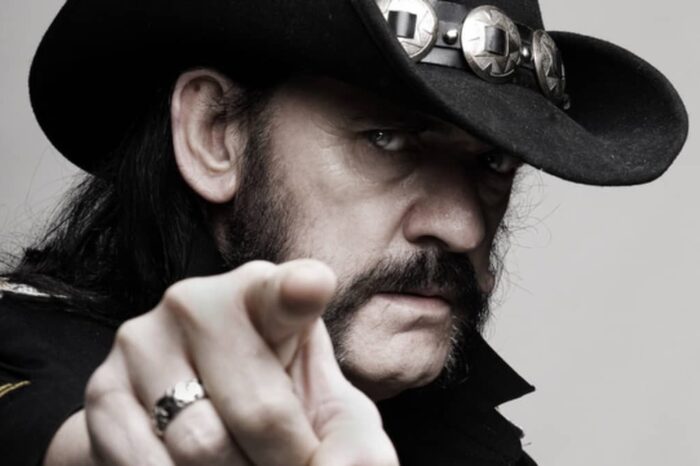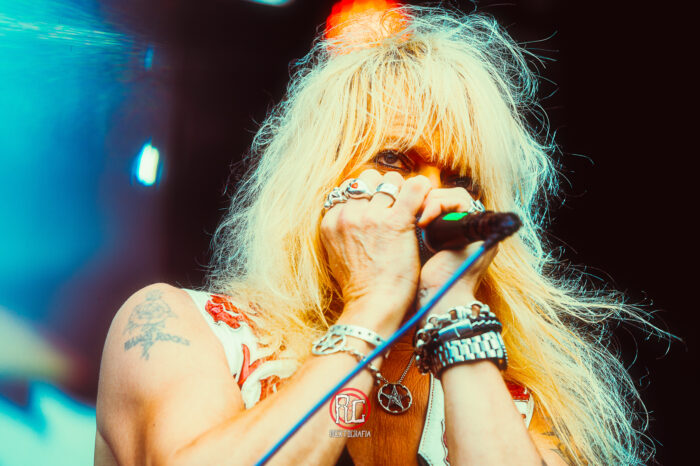Black Sabbathin Geezer Butler nimeää mielestään heikoimman albumin yhtyeen tuotannosta: ”Yritimme kehittyä liikaa musiikillisesti eikä se toiminut”
Englantilaisesta rockin legendasta Black Sabbathista tunnettu basisti Geezer Butler on julkaisemassa ”Into The Void: From Birth To Black Sabbath – And Beyond” -nimisen elämäkerran kesäkuun 8. päivä HarperCollinsin alamerkin Dey Street Booksin kautta. Kustantaja kuvailee ”Into The Void: From Birth To Black Sabbath – And Beyond” -kirjaa seuraavasti:
‘A rollicking, effusive, and candid memoir by the heavy metal musician and founding member of Black Sabbath, covering his years as the band’s bassist and main lyricist through his later-career projects, and detailing how one of rock’s most influential bands formed and prevailed.
With over 70 million records sold, Black Sabbath, dubbed by Rolling Stone ‘The Beatles of heavy metal,’ helped create the genre itself, with their distinctive heavy riffs, tuned down guitars, and apocalyptic lyrics. Bassist and primary lyricist Geezer Butler played a gigantic part in the band’s renown, from suggesting the band name to using his fascination with horror, religion, and the occult to compose the lyrics and build the foundation of heavy metal as we know it.
Artikkeli jatkuu mainoksen jälkeen Mainos päättyyIn ‘Into The Void‘, Butler tells his side of the story, from the band’s beginnings as a scrappy blues quartet in Birmingham through the struggles leading to the many well-documented lineup changes while touring around London’s gritty clubs (Eric Clapton, Jimi Hendrix, Frank Zappa, and The Who makes notable appearances!), and the band’s important later years. He writes honestly of his childhood in a working-class family of seven in Luftwaffe-battered Birmingham, his almost-life as an accountant, and how his disillusionment with organized religion and class systems would spawn the lyrics and artistic themes that would resonate so powerfully with fans around the world.
‘Into The Void‘ reveals the softer side of the heavy metal legend and the formation of one of rock’s most exciting bands, while holding nothing back. Like Geezer‘s bass lines, it is both original, dramatic, and forever surprising.’
Butler on antanut kirjastaan hiljattain haastattelun Metal Edgelle, jossa on nimennyt mielestään heikoimman albumin Black Sabbathin upeasta tuotannosta. Butler kertoo haastattelussa pitävänsä vuonna 1978 julkaistua ”Never Say Die!” -albumia bändin uran heikoimpana tekeleenä koska jotenkin yhtye tuntui albumilla kadottavan maagisen otteensa. Butler kertoi albumista sekä sen teosta seuraavaa:
”I will say that Never Say Die! is easily the worst album we did. The reason for that is we tried to manage ourselves and produce the record ourselves. We wanted to do it on our own, but in truth, not one of us had a single clue about what to do. By that point, we were spending more time with lawyers and in court rather than being in the studio writing. It was just too much pressure on us, and the writing suffered.
Once we finally had time to stop touring, we were wondering where all the money was. And when we asked our managers why our accounts were averaging down, even though we were selling records, we never got a straight answer. You can’t imagine the kind of challenge that presents because we were selling records and putting on all these shows, but our accounts didn’t reflect as such. There was a lot of money that we just weren’t seeing, and then paying taxes became a whole other issue stemming from those money issues. So, that was truly when things started to go wrong for Sabbath.
[There] were certainly [problems with Ozzy], too. The thing is, we were trying to progress too much musically. We completely lost the plot, I think. We stopped doing the things that made Sabbath what it was and began going from more melodic stuff, which was a mistake looking back. Ozzy always wanted to still sound like the old version of Sabbath, while Tony [Iommi] and I wanted to expand musically. Looking back, Ozzy was probably right because our expansion caused us to lose what Sabbath was supposed to be about.”







